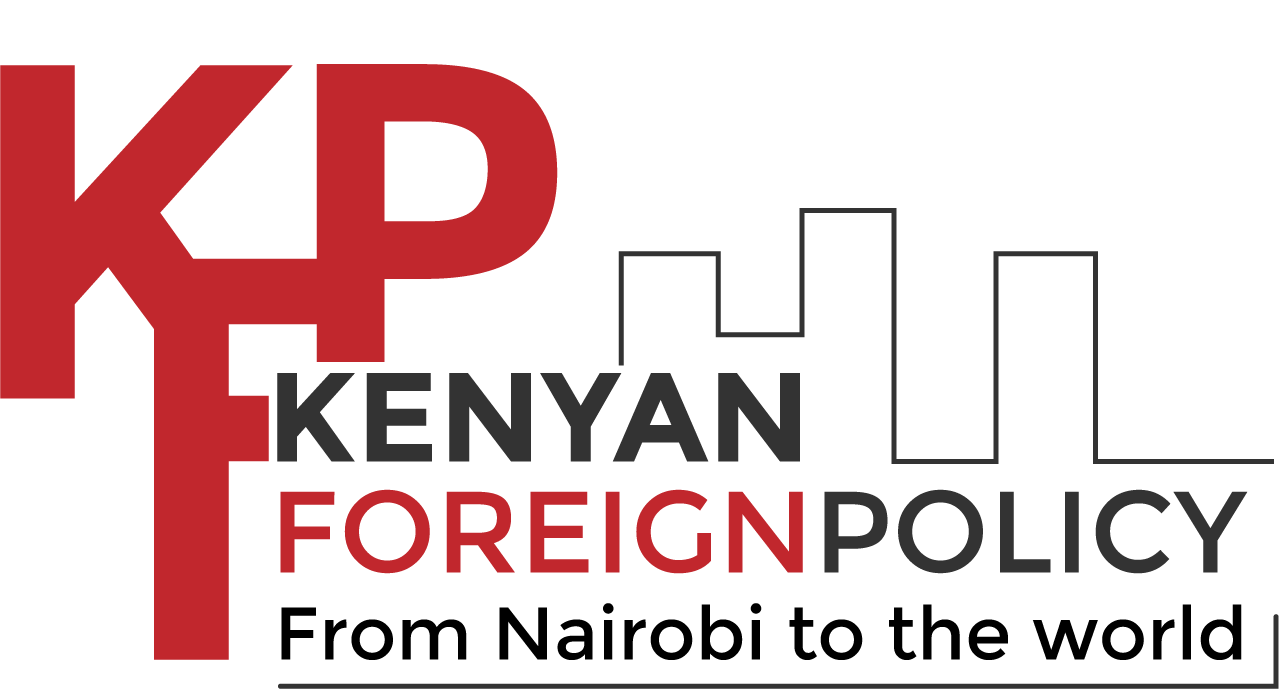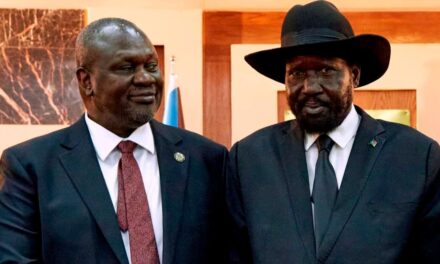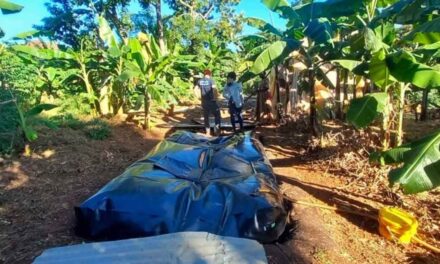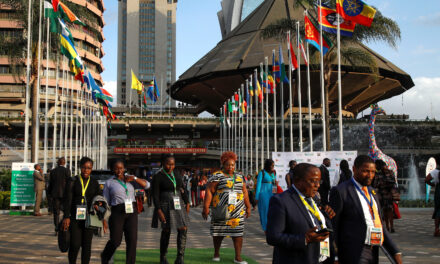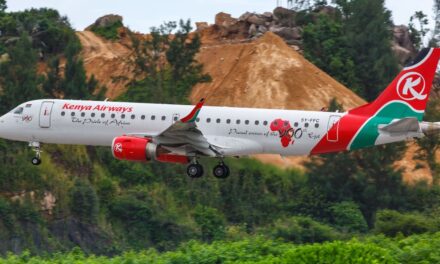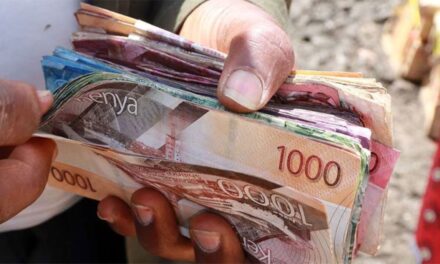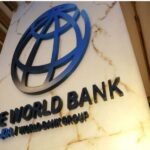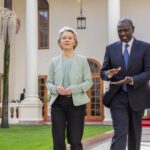
Why Facilitating Diaspora Investments Should Be a Priority
Posted by Shem Ochuodho | Sep 14, 2023 | DIASPORA WELFARE


Kenyans in the diaspora are defying global economic headwinds to help their families survive a ballooning cost of living despite the tough economic challenges facing the country.
The rise in diaspora remittances defies varied projections that the remittances by Kenyans would drop in the face of rising global prices, which has adversely affected migrants’ real incomes and piled pressure on the budgets.
The role that overseas remittances play in Kenyan economies is well-known. Kenyan banks compete with global money transfer companies, mobile money operators and increasingly, fintech firms for this huge market.
There is now also growing enthusiasm for much of this money to be used to support infrastructural development and other long-term projects – but much depends on the ability of Kenyan government to build good relationships with their diaspora.
A large proportion of Kenyans working overseas are well placed to transfer money back to family members to cover short-term food, health and education bills.
Given the importance of remittances, as well as the volumes involved, banks and other financial institutions need to reduce the cost of transferring money to Africa. At present, it costs roughly twice as much to send money to sub-Saharan Africa as to South Asia.
The average fee in sub-Saharan Africa is 8.46%, according to the International Fund for Agricultural Development, far higher than the 3% targeted by Sustainable Development Goal 10 on reducing inequality within and among countries. Cutting these charges will encourage more Africans working overseas to transfer money back to Africa and could also ease the transfer of money within the continent and within individual countries.
Some banks are already cutting their charges in response to the low rates offered by mobile money operators and sector specialists. Long-established transfer services, such as Western Union, are still popular for the transfer of relatively large sums from overseas into Africa.
Unsurprisingly, mobile money is the preferred conduit in Kenya and other markets where the method is firmly entrenched. However, market regulation varies a great deal from country to country, with mobile money firms unable to operate through agencies in some states.
I believe more forums are needed to discuss how best to harness the financial potential offered by the huge remittances sent to the continent by the diaspora, as well as their varied skills and expertise.
Subjects under such discussion should include securitizing remittances and diaspora bonds. Because the flow of remittances to Kenya is high, rising, and stable, it offers huge opportunities to serve as collateral to secure financing for our economy.
Diaspora bonds are government debt securities bought by citizens and their families living abroad. The rates on offer usually incorporate a “patriotic discount”, allowing governments to buy at below market rates. Four African countries have already issued diaspora bonds: Ethiopia, Ghana, Kenya and Nigeria but the results have been mixed.
Kenya’s infrastructural bonds have been targeted at Kenyans living abroad but have also been open to other investors, President William Ruto promised to launch specific diaspora bonds in the near future.
The big question is whether it will be possible to encourage people to invest a larger proportion of their remittances in bond and other instruments. Investing the money in bonds would generate greater income and security for families in the longer term, with President Ruto Ruto suggesting a 7% return on Nairobi’s planned new bond.
At present, African governments have too little information on where diasporans are located, what skills they possess and how interested they are in engaging with development in their home countries.
Having an enabling environment means giving financial policy priority to African diasporas through relaxed foreign exchange restrictions, designing and implementing special economic incentives, de-risking investments and improving transparency and accountability.
At The Annual Kenya Diaspora Homecoming Conference (KDHC 2023) to be held in December by the Kenya Diaspora Alliance, we will strive to strike conversations among banking executives, technology specialists, policymakers, and business leaders on why it is the right time for this discussion.
The writer is the chairperson of the Kenya Diaspora Alliance (KDA).
Your support empowers us to deliver quality global journalism. Whether big or small, every contribution is valuable to our mission and readers.
